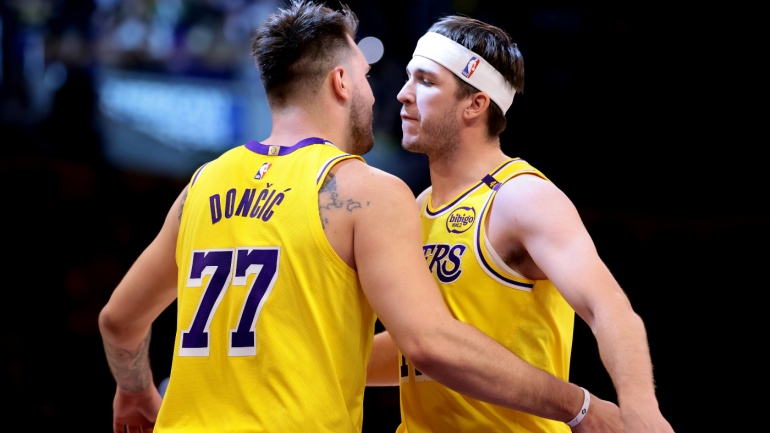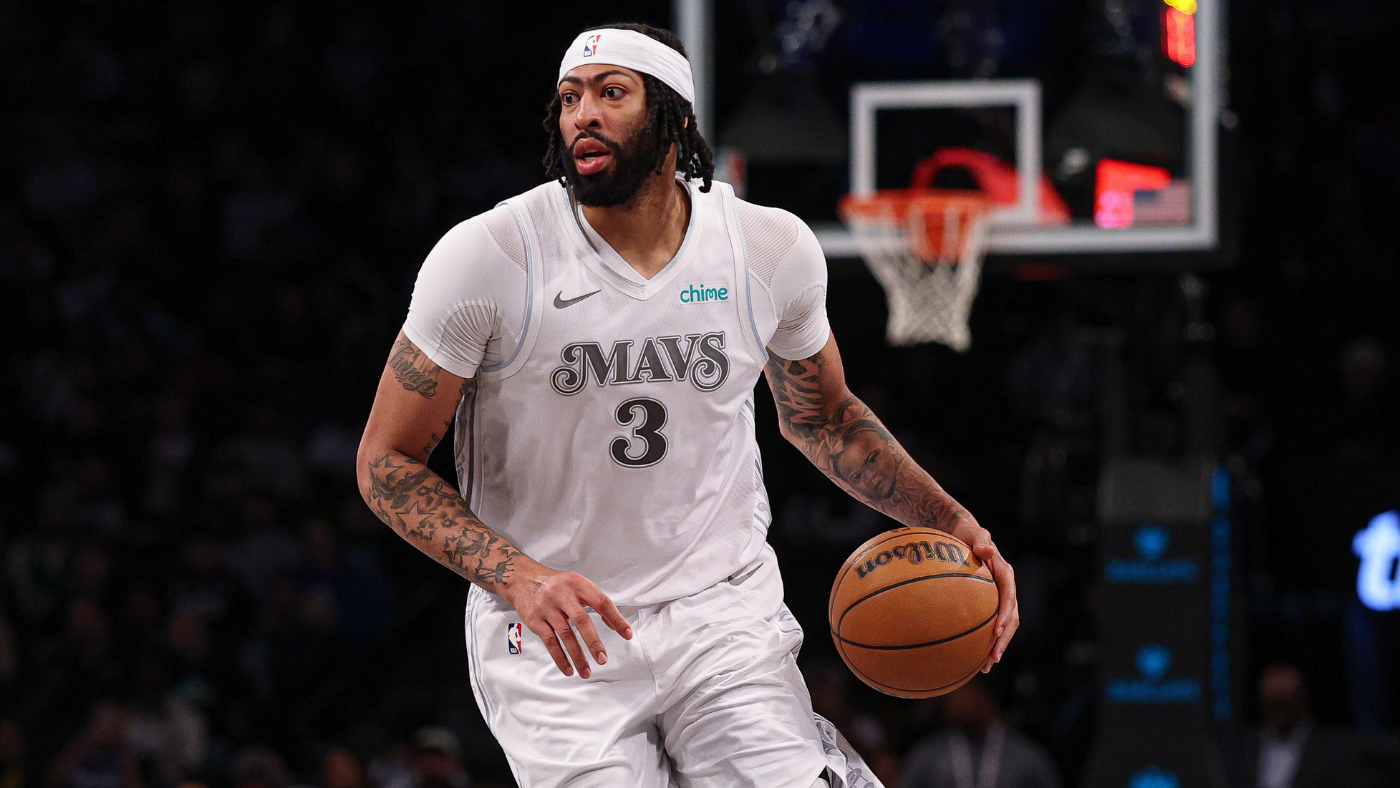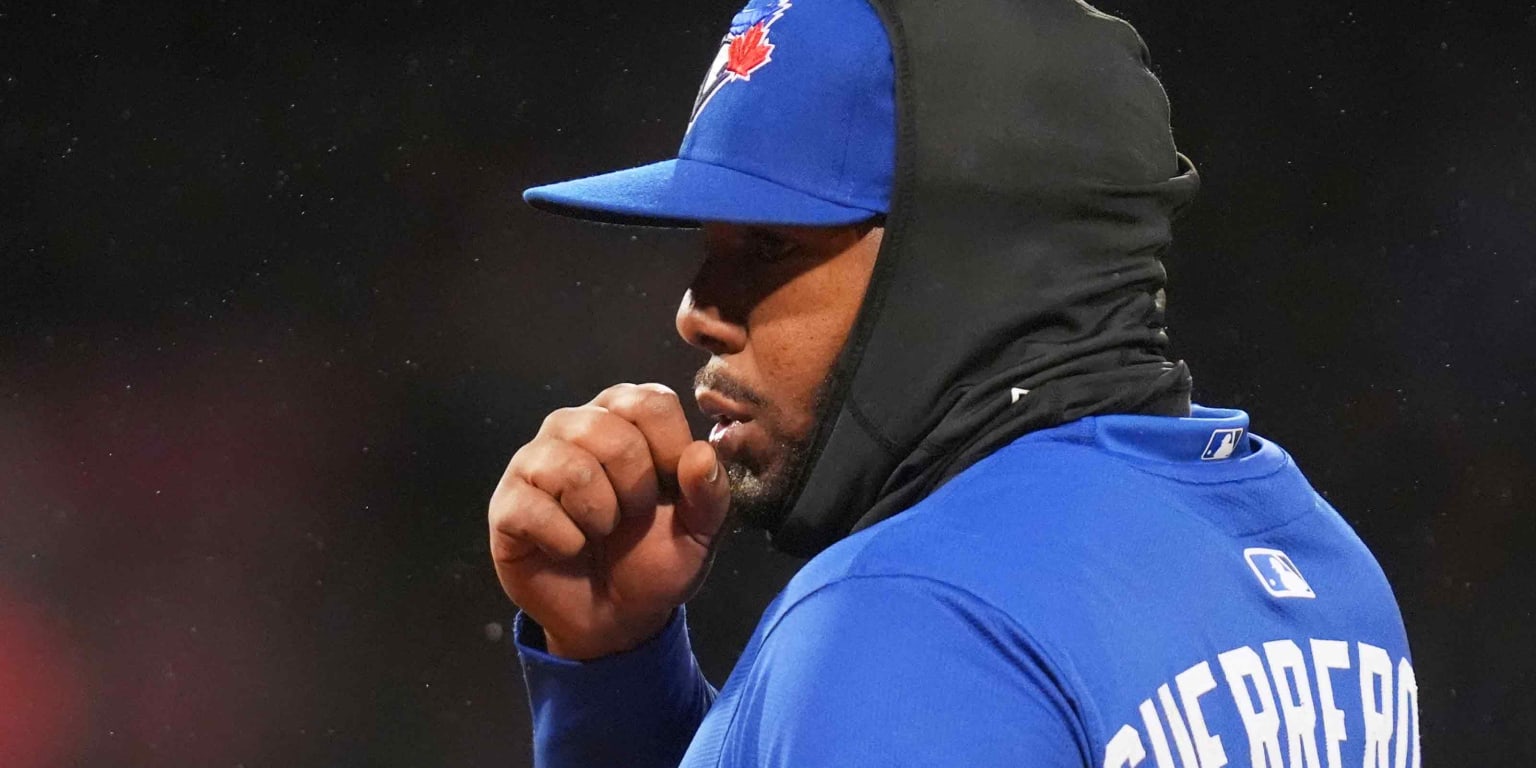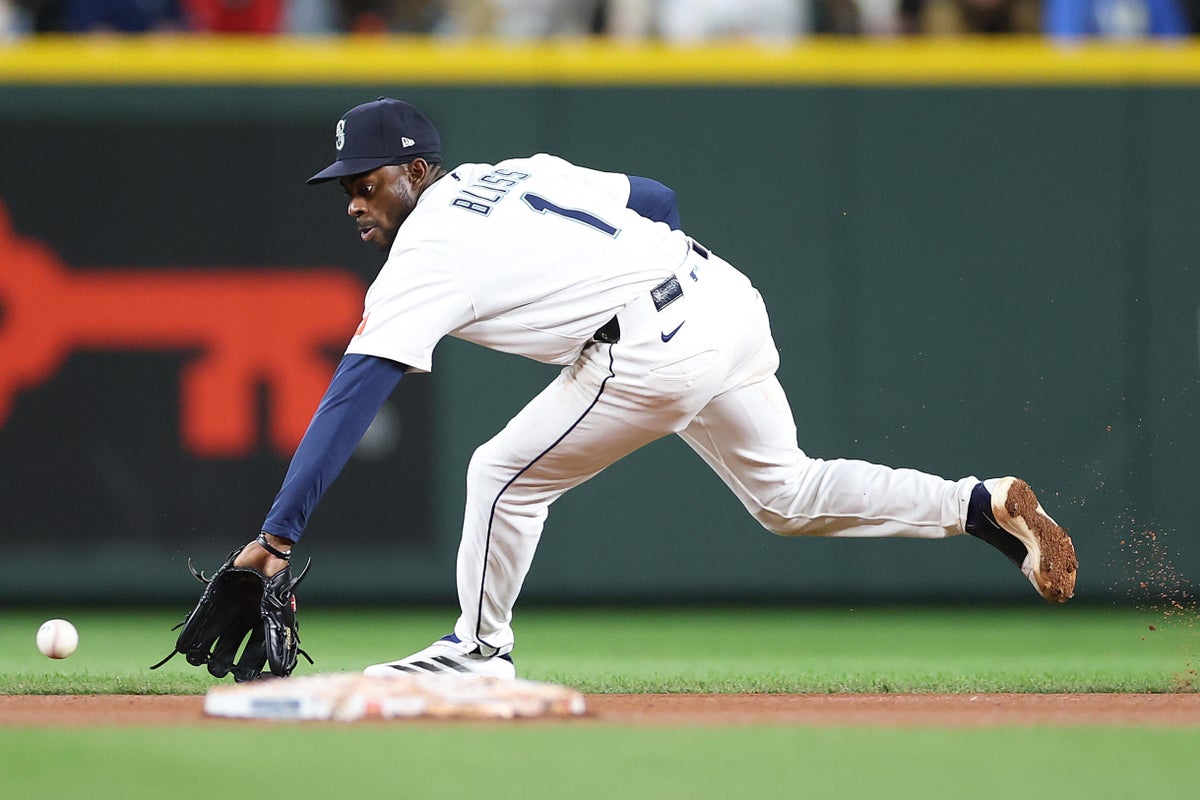
The Dallas Mavericks shouldn’t have traded Luka Dončić. Let’s get that out of the way from the start. The best thing the Mavericks could have done at the 2025 trade deadline was keep the player that took them to the 2024 NBA Finals.
If they were going to trade Dončić no matter what, they shouldn’t have sent him to the Los Angeles Lakers. Aside from saving the NBA’s most dangerous market and organization from the purgatory it was headed toward, the Lakers simply didn’t have the best trade package to offer. In the moment, I wrote about five other teams that could have made better offers, but the list was probably bigger than that. The Mavericks — who will host Dončić and the Lakers for the first time since the trade on Wednesday night — didn’t send their best player to the team with the most to offer.
If the Mavericks were dead set on trading Dončić to the Lakers, they should have demanded everything Rob Pelinka could possibly offer short of LeBron James and his no-trade clause. Every draft pick. Every young player. Every worthwhile veteran. All of it. Instead, Mavericks general manager Nico Harrison left the Lakers with enough in the cupboard to not only emerge as a stealth 2025 contender, but to potentially reload this offseason into a true 2026 juggernaut.

These three enormous, franchise-altering mistakes made by the Mavericks — trading Dončić in the first place, sending him to the Lakers and not getting enough of a return — were made in a single move. And while their braintrust still seemingly has blinders on regarding their outlook over the next few seasons, they are decisions the organization will probably one day come to regret. All of that was apparent the moment the trade was made.
But in the two months since the deal was sealed, a fourth possible regret has emerged, one that might not be quite the certainty that the first three are yet, but one that may haunt the Mavericks almost as much when the dust settles. It’s worth asking, at this point, if the Mavericks traded for the wrong Lakers player.
The Mavs missed out on a potential All-Star
By now, you know what the trade actually looked like. Yes, the Mavericks acquired (the very underrated) Max Christie along with an unprotected 2029 first-round pick, but the crux of the deal was Anthony Davis for Dončić. The concept of the deal, as laid out by Harrison at the time, was to rebuild the Mavericks around an elite, Davis-led defense with the thought that the Davis-Kyrie Irving duo would be enough on offense for the Mavs to compete for championships over the next few years, while Davis (32) and Irving (33) are still close to their primes. Two important things have happened since then.
The first is that virtually every key member of the Mavericks has gotten hurt. This includes Davis, who aggravated an adductor strain in his Mavericks debut and missed the next six weeks, and Irving, who tore his left ACL and will miss most, if not all, of next season. While immediately losing at least one, if not two seasons’ worth of championship opportunities to injuries was not exactly a guarantee, this was a risk the Mavericks ran by building around Davis and Irving, both of whom are aging and have had injury issues in the past.
The second is that Austin Reaves has emerged as a possible future All-Star for the Lakers. Since James got injured in Boston on March 8, Reaves is averaging nearly 26 points per game on better than 50-40-90 shooting. While these raw numbers are a major jump from what he was even earlier this season, some of the impact metrics have been there for Reaves a good deal longer. He has as many win shares as James does this season, for instance. He ranks 20th in the NBA in offensive Estimated Plus-Minus, tying him with Zion Williamson and placing him just ahead of Trae Young, Jamal Murray, Tyrese Maxey, Kevin Durant and Jimmy Butler.
He has the best net rating and offensive rating among Lakers who have been healthy and on the team all season. But perhaps more importantly, the Lakers have thrived in the minutes he hasn’t spent with his more famous teammates. The Lakers are outscoring their opponents by 7.1 points per 100 possessions in the minutes Reaves plays without James, Dončić or Davis this season, according to Cleaning the Glass. We’re still dealing with small sample sizes here. We shouldn’t rush to conclusions. But all of this at least suggests the possibility, and perhaps likelihood, of future stardom in some fashion.
Reaves would have Mavs in better position for future
The Mavericks, of course, didn’t trade for Davis thinking about the future. He’s six years older than Dončić. Dallas, though almost certainly incorrectly, believed that swapping Dončić for Davis made them better today. And today, Davis is still definitely better than Reaves. He will almost certainly be better than him a year from now as well. In a win-now vacuum, the Mavericks got the better player.
But of course, we don’t exist in a win-now vacuum. We’re operating in the realm of possible future regrets. The likeliest future facing the Mavericks is one in which they are swiftly ejected from the 2025 postseason through either the Play-In Tournament or a first-round decimation at the hands of the Oklahoma City Thunder.
Their 2025-26 season may be better, but with Irving recovering from that ACL injury, it likely won’t end in meaningful championship contention. Perhaps a blockbuster trade for Durant could change that, but pursuing a major deal when they already owe out their first-round picks between 2027 and 2030 would entirely bankrupt their future. Harrison, infamously, has said that the future to him means only the next three or four years, but someone in the organization needs to think further ahead than that. The Mavericks aren’t folding when Harrison’s tenure ends.
All of this creates a likelihood in which Dallas does not win anything of note over the next two years, and then enters the 2026-27 season with even older versions of Davis and Irving. At that point, when Davis is perhaps on a new enormous contract that the Lakers reportedly did not want to give him, the Mavericks may start to have some serious buyer’s remorse.
Reaves probably won’t ever be as good as Davis is now. He doesn’t need to be to have higher trade value. He’s five years younger and has significantly less NBA mileage on his body. This is his fourth NBA season while Davis is in his 13th. Reaves has no meaningful injury to speak of, and this season, he’s earning roughly $30 million less than his former teammate.
Even if Reaves will be well-compensated for his growth in the summer of 2026, his bargain deal would have had enormous roster-building implications in the present for Dallas or any other team that might have employed him.
It plays an enormous role in the Lakers’ possible foray into 2026 free agency, and even his next market-value deal is probably going to age better than any extension Davis signs in Dallas. And if Davis doesn’t extend with the Mavericks? Well, congratulations, you’ve traded Dončić for someone you didn’t keep.
The bottom line
There’s no objective way to measure trade value. A player is worth what the team that likes him most will pay for him. The Mavericks were willing to say goodbye to Dončić to get Davis. That doesn’t mean Davis and Dončić had similar trade values around the league. The truth is usually going to be contextual. To a team with genuine, short-term championship aspirations, Davis is more valuable. One of those teams is the Lakers. If they could swap Reaves for Davis today, they’d probably do it and laugh their way to a championship or two.
But the Mavericks, frankly, are not one of those teams. At least not in their current state. Given all of the risks associated with Davis — his age, his injuries, his stagnation as a shooter and his preference for playing power forward when his best position is center — there are probably younger teams out there who would prefer to have Reaves on his cheap contract with a chance to see how much room he still has to grow.
If you believe, as I do and have written, that the Mavericks should blow it up and trade Davis because this iteration of their team does not have meaningful championship equity, it’s hard to imagine them getting a better young player for him at this point than Reaves.
To be clear: None of this is meant to suggest that the Mavericks should have traded Dončić for Reaves.
Even if the Lakers had offered both Davis and Reaves, the Mavericks probably still should have said no. Pretty much any iteration of this trade for Dallas likely would have ended badly. Dončić should still be a Maverick. They will eventually regret that he’s not.
But not getting Reaves is eventually going to be a regret as well. A smaller one, certainly, but one that will punctuate the magnitude of the mistake they made for years to come.
When people look back on the Dončić debacle in 2027 or 2028, the first thing they’ll say will be some variation of, “I can’t believe the Mavericks traded Luka.” The third or fourth thing they’ll say, though, will be some variation of, “I can’t believe the Mavericks didn’t get Austin Reaves in the deal.” It won’t be the biggest regret the Mavericks have because, well, a lot of them tend to sprout out of the worst trades in NBA history. But it will at least make the list.




